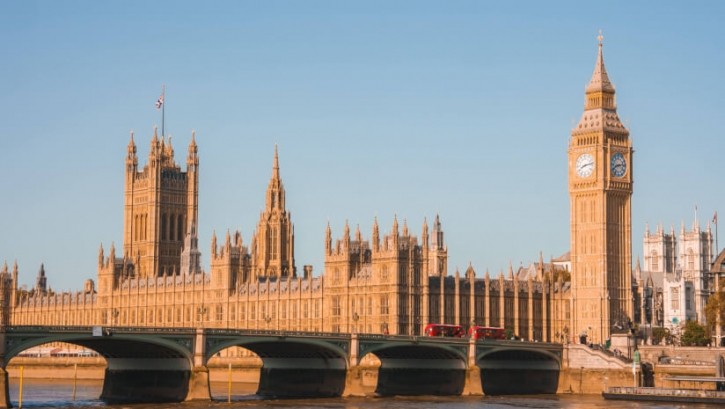Martyn’s Law has first reading in parliament

The legislation, which is also known as Martyn's Law in tribute to Martyn Hett who was killed alongside 21 others in the 2017 Manchester Arena attack, aims to ensure venues consider to security of the public and takes steps to protect them from harm.
Licensing solicitors Poppleston Allen advised if the bill has a smooth passage, it is likely to become law in the first quarter of 2025, anticipating a further 18 to 24 months to secure compliance.
Solicitor Andy Grimsey provided an update on the law in April and Poppleston Allen anticipates the “standard tier” duties will now be proposed to apply to premises with a capacity of 200 or more, rather than the 100 that was originally envisaged.
Furthermore, it is understood the Security Industry Authority will be the regulator.
Top priority
On the bill having its first reading, UKHospitality chief executive Kate Nicholls said: “Protecting our staff and customers is a top priority for hospitality businesses and we’ve been pleased to support the Government in the development of Martyn’s Law.
“I’m pleased that the legislation gives venues in the standard tier the flexibility they need to create bespoke plans to keep people safe.
“This is crucial because no two venues are the same and everyone will have different requirements to best achieve the aims of this legislation – keeping our staff and customers safe.
“A collaborative approach between businesses, local authorities and Government has been productive in the development of Martyn’s Law and will remain crucial as businesses work to meet new requirements, especially for those venues in the enhanced tier.
“I look forward to continue working with the Government and the Security Industry Authority on this critical piece of legislation, both as it goes through Parliament and throughout the process to develop sector-specific guidance.”
Ensure balance
The Night-Times Industries Association (NTIA) chief executive Michael Kill said the move marked a “significant milestone”.
He added: “[It reflects] a seven-year journey led by the unwavering dedication of Figen Murray.
“As CEO of the NTIA, I want to commend Figen for her relentless advocacy in honour of her son, Martyn Hett, and to emphasize both the achievements and challenges that lie ahead.
“Martyn’s Law aims to bolster safety measures at publicly accessible venues, a goal we wholeheartedly support.
“However, as we advance, it is crucial to address the proportionality of the proposed measures, within all settings.
“We must ensure that the balance between heightened security and practical implementation is carefully considered. Key concerns include the operational impact, skill set required of venue operators and the financial implications of enforcing these new safety protocols.
“While the objectives of Martyn’s Law are commendable, it is essential that the legislation is designed with feasibility and fairness in mind. We urge all stakeholders to engage in a thorough review of the bill as it progresses through the parliamentary process. Our goal is to ensure that the safety enhancements are both effective and manageable for all involved."







